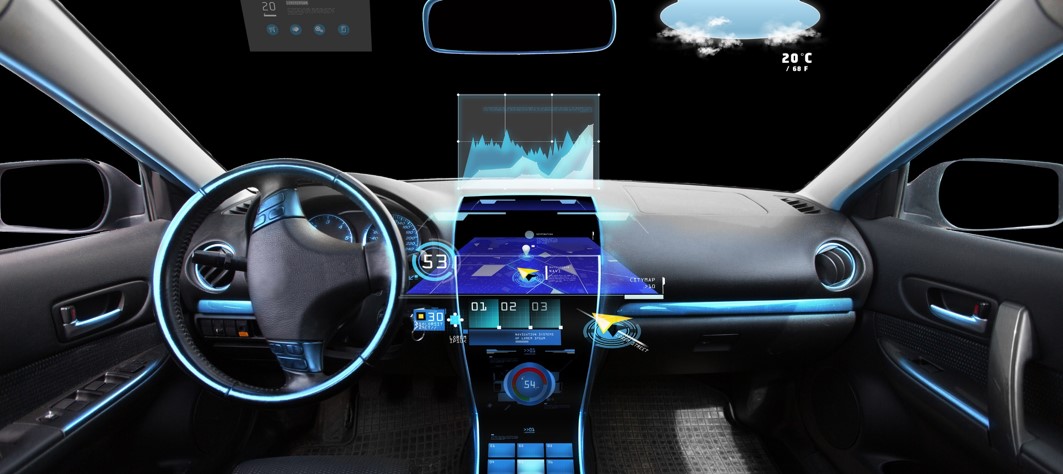These Companies are Shaping the Future of Corporate Innovation
By 2020, the laptop will take a backseat in importance to smartphones and wearable devices in the workplace, a recent study by Cisco said; in fact, today’s employees under the age of 35 already complete tasks faster using mobile devices and apps rather than personal computers. More than half of these so-called millennials consider themselves available for work 24 hours a day, seven days a week, and prefer working a flexible schedule, utilizing various mobile devices, rather than a 9-5 job in the office. This changing office culture is just one of the ways that technology is altering the corporate world, from how people work to how enterprises do business to how customers make decisions. The first major shift in the corporate world came in the 1980s, with the introduction of the PC. These computers made it possible not just to organize and store information more efficiently, but also gave professionals the opportunity to write their reports and keep their own records, rather than relying on a secretary or central typing center. The advent of email in the 1990s...
Read More







